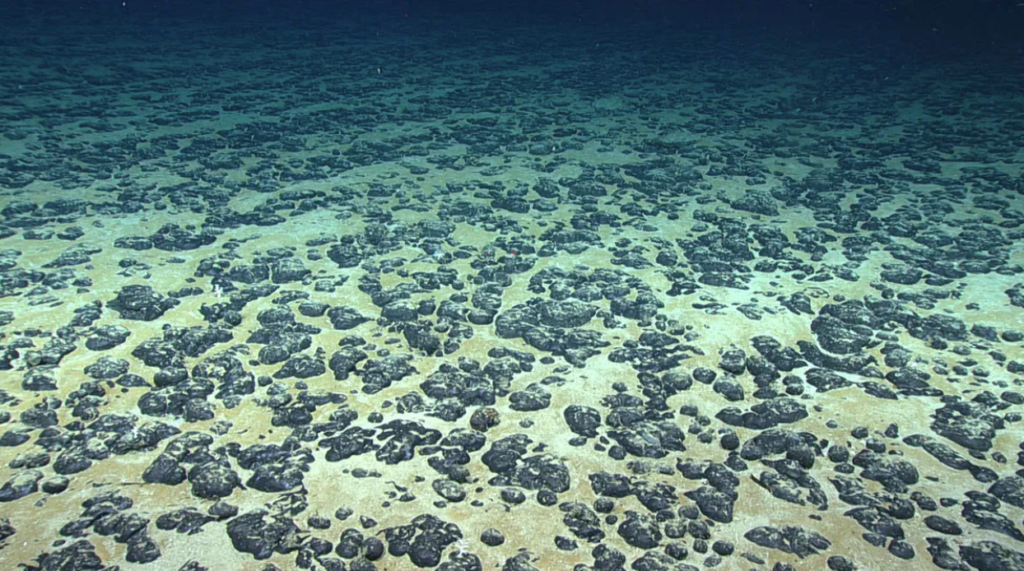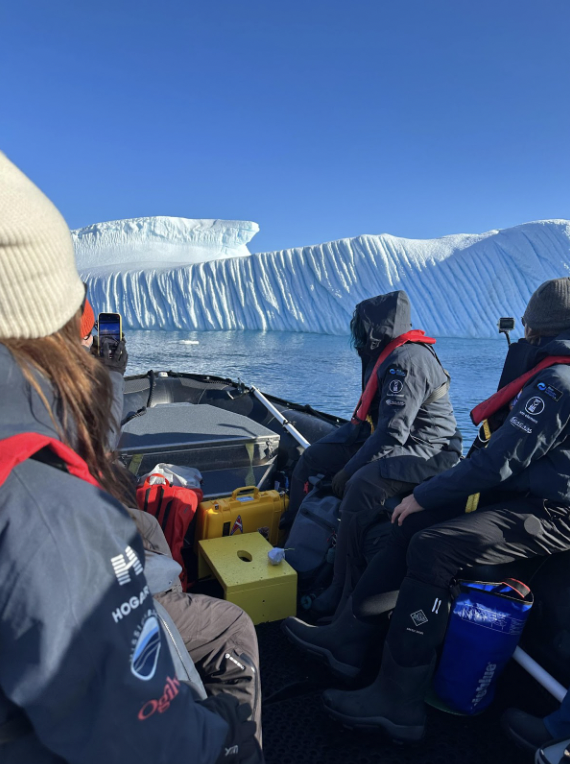At the end of my voyage to Antarctica, which I previously wrote about here, my fellow passengers and I anchored offshore for nearly three days as we waited for weather conditions to improve so we could fly home. One evening, the group planned to watch a movie on deep sea mining but our internet was so shaky that we weren’t able to download it. Instead, experts on the subject presented the information from the movie in the form of a panel. We were all on the edge of our seats by the time they were finished. After that talk, and after plowing through lots of reading on the subject, I have come to believe that deep sea mining is one of biggest ocean issues we are not talking about enough. I’ll get to that in a second, but first, some important background on the ocean:
- About 70% of Earth’s surface is water-covered, and the oceans hold about 96.5 percent of that water.
- According to the UN, the ocean contains around 250,000 known species, with many more remaining to be discovered. It is believed at least two thirds of the world’s marine species are still unidentified.
- Further, the oceans comprise the planet’s biggest carbon sink.
Why the surge in interest in deep sea mining?
- Minerals like cobalt, nickel, and manganese are used to make phones and cars and as a result, demand for those minerals is expected to double or triple by 2030.
- The deep sea contains these very minerals in what are called manganese nodules.

Credit: NOAA Office of Ocean Exploration and Research, 2019 Southeastern U.S. Deep-sea Exploration.
This might sound great at first glance… we need more minerals and more minerals are available. But mining underwater could come with serious consequences.
A 2022 report from the United Nations Environment Programme states: “Current scientific consensus suggests that deep-sea mining will be highly damaging to ocean ecosystems.” More than 700 marine science and policy experts have signed a petition calling for a pause on sea mining until more research has been conducted.
Therein lies the problem… we don’t know how mining will impact the sea bed or the myriad of life above it. But there is enough concern that the European Parliament, Chile, Germany, Spain, and a number of Pacific Island nations have called for a moratorium on the practice. Some banks have said they won’t loan to businesses engaged in deep-sea mining and a range of major companies like Google and Volkswagen have announced that they will not buy deep sea minerals until the consequences of related mining practices are better understood.
We may find out about the consequences of deep sea mining soon. Come July, the International Seabed Authority, an autonomous organization established under the 1982 United Nations Convention on the Law of the Sea and the 1994 Agreement relating to the Implementation of Part XI of the United Nations Convention on the Law of the Sea, will begin accepting applications from companies seeking to mine the deep sea.
Want more information on deep sea mining? I referenced this very informative Forbes story throughout my post.
Allison Agsten is the Director of the Center for Climate Journalism and Communication.
